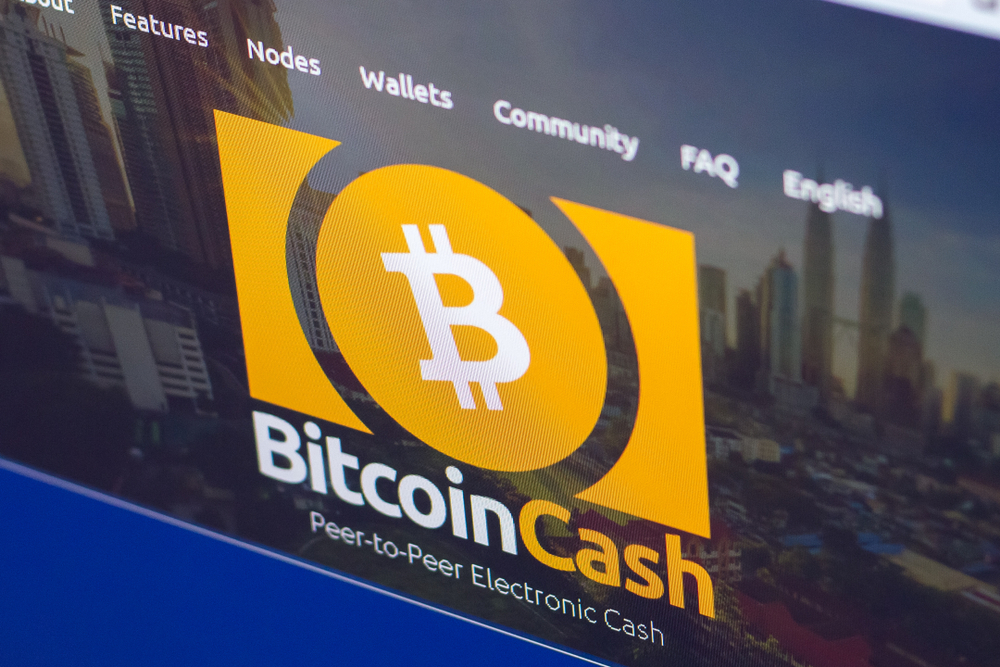Bitcoin Cash Hard Forks to Raise the BCH Block Size [Again]

Source: Shutterstock
Today Bitcoin Cash activated a hard fork that will increase the BCH block size from 8MB to 32MB and add new OP codes to the codebase.
Bigger Blocks
Initially announced November 2017, the upgrade began at 12:00:00 UTC when the hard fork was initialized.
As CCN.com reported back in April, the fork includes the addition of OP codes, which allow smart contract capabilities.
However, the whopping increase in block size has drawn the most attention. Blog updates about the Bitcoin Cash hard fork remain optimistic that the upgrade will reduce transaction fees, but critics allege that there are potential downsides to quadrupling the block size, as concerns over the security of large block sizes still loom.
Nevertheless, as CCN.com reported, the block size debate could be over-blown and harks more to ideals about Bitcoin purity. Bitcoin core developers (who favor a more conservative approach) and Bitcoin Cash developers have a long history of disagreements over technical specs.

Amaury Séchet, lead developer for Bitcoin ABC, has been a strong advocate of larger block sizes also. A February 2017 blog post highlights his belief:
“People do not want bigger blocks for the sake of bigger blocks, but for the value they bring to users just like people do not want bigger car for the sake of bigger car but because they can transport more people or stuff in it.”
Bitcoin ABC recommends all node operators should update to version 0.17.1. Bitcoin Unlimited and Bitcoin XT have also released updated clients that support the hard fork.
Additional OP Codes and Smart Contracts
In addition to increasing the data carrier limit for OP_Return to 220 bytes, the fork introduces new smart contract capabilities, often incorrectly believed to be exclusive to Ethereum. Smart contracts allow transactions to occur on a conditional basis, allowing developers to create dynamic payment agreements.
Satoshi Nakamoto removed smart contract abilities early in the development of the Bitcoin protocol. This Bitcoin Cash hard fork will add back the OP codes that make smart contracts possible.
The codes were removed from the Bitcoin protocol in June 2010 largely because they provided an attack surface that developers did not want to spend more time on, as nChain developer Steve Shadders describes in a technical update about the feature. Despite Bitcoin Cash developers’ long-standing enthusiasm, the project is rolling out the OP code features gradually, since there are still security concerns that have not been fully addressed.
Going forward, security will be the wildcard that everyone watches closely as Bitcoin Cash hits a historical milestone with today’s fork.
Images from Shutterstock